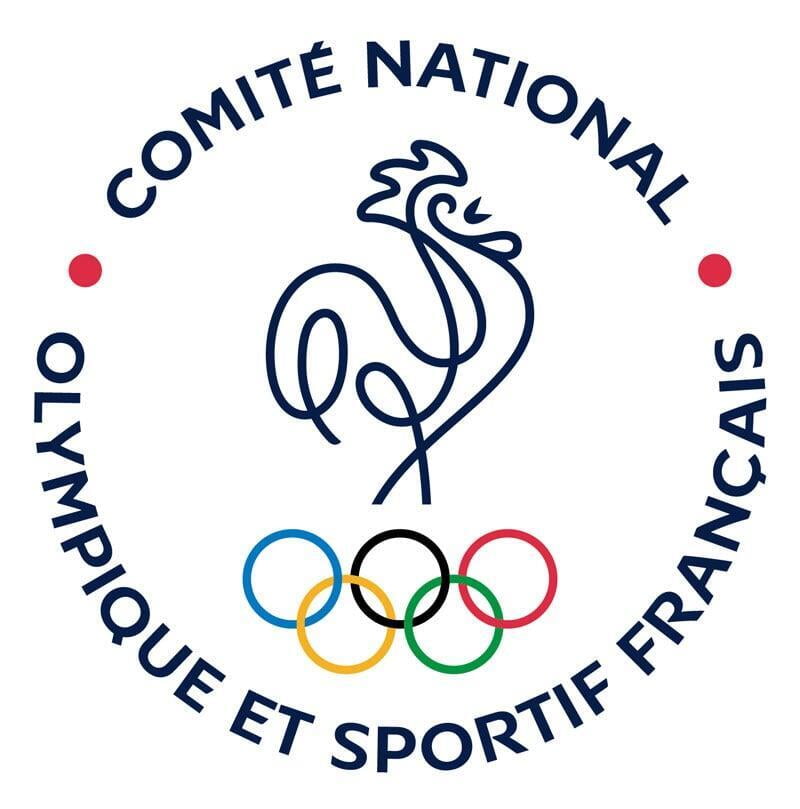Le new article 223 of the Administrative Regulations of the LFP imposes that commercial disputes for an amount greater than €50.000 relating to the loans and transfers of players between French professional clubs must be submitted to arbitration by the CNOSF's Chamber of Arbitration for Sport (CAS). This new provision raises a certain number of questions, in particular as regards the notion of arbitration (I), the advisability of recourse to arbitration (II), its scope of application (III), the procedure applicable (IV) and its mandatory nature (V).
I) What is CAS arbitration?
The notion of arbitration is not new in sport since the vast majority of disputes arising in the international context of sport are resolved through arbitration before the Court of Arbitration for Sport (CAS).
Arbitration, understood in the legal sense of the term, is a procedure for resolving disputes. It is a private justice by which a dispute is withdrawn from the state jurisdictions of common law to be resolved by arbitrators invested, for the circumstance, with the mission of judging.
Arbitration procedures in France are subject to a certain number of rules defined by the articles 1442 to 1527 of the Code of Civil Procedure (CPC), which distinguish whether the arbitration is domestic or international. The internal or international qualification of an arbitration depends on the nature of the economic transaction at the origin of the dispute (article 1504 CPC). If the arbitration involves the interests of international trade, then it will be qualified as international. On the other hand, the arbitration will be internal when it covers situations which, from an economic point of view, are in no way connected with a foreign country.
CAS arbitration provided for in Article 223 of the LFP's Administrative Rules is internal arbitration within the meaning of the Code of Civil Procedure insofar as the disputes submitted thereto relate to temporary or permanent transfers (loans or transfers) on French territory alone.
Lastly, CAS arbitration is institutional since the CNOSF provides its assistance in providing the parties with a list of arbitrators, rules of procedure (available on the CNOSF website), material organization and services.
II) Advantages and disadvantages of CAS arbitration
Due to its eminently private nature, CAS arbitration has advantages and disadvantages different from those of a traditional judicial procedure.
CAS arbitration is primarily a so-called expert justice because rendered by specialists chosen precisely for their specialty.
CAS arbitration is also confidential. THE'article 20 of its regulations provides that: " [l]he procedure instituted under these Rules is confidential. The parties, the arbitrators and the Chamber of Arbitration for Sport undertake not to disclose to third parties facts or other information relating to the dispute and the procedure. Awards are not published unless the award itself so provides. ».
Furthermore, arbitration is less formal and more flexible than state justice. The arbitral tribunal is indeed exempted from conducting the procedure provided for state courts by the Code of Civil Procedure. IIt is possible, for example, to submit the opposing party's witnesses to cross-examination (cross examination).
III) Scope of Article 223 of the LFP Regulation
IV) Procedure applicable before the CAS and appeals against awards
CAS arbitration awards are, however, subject to appeal in the context of a appeal for annulment before the Paris Court of Appeal, pursuant to thearticle 1494 of the Code of Civil Procedure. The Court will then confine itself to verifying whether the award was rendered in accordance with the provisions applicable to arbitral proceedings, without examining the merits. The decision of the Court of Appeal may then be the subject of an appeal in cassation under the conditions of common law.








